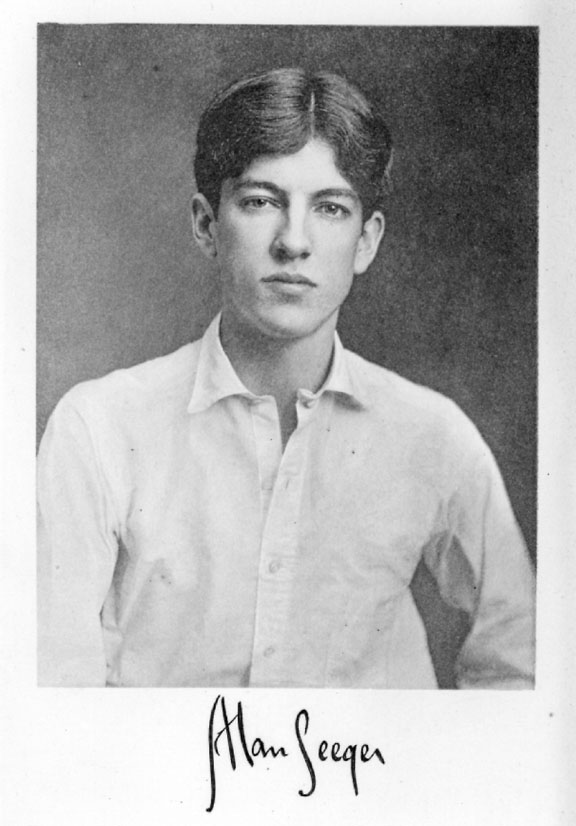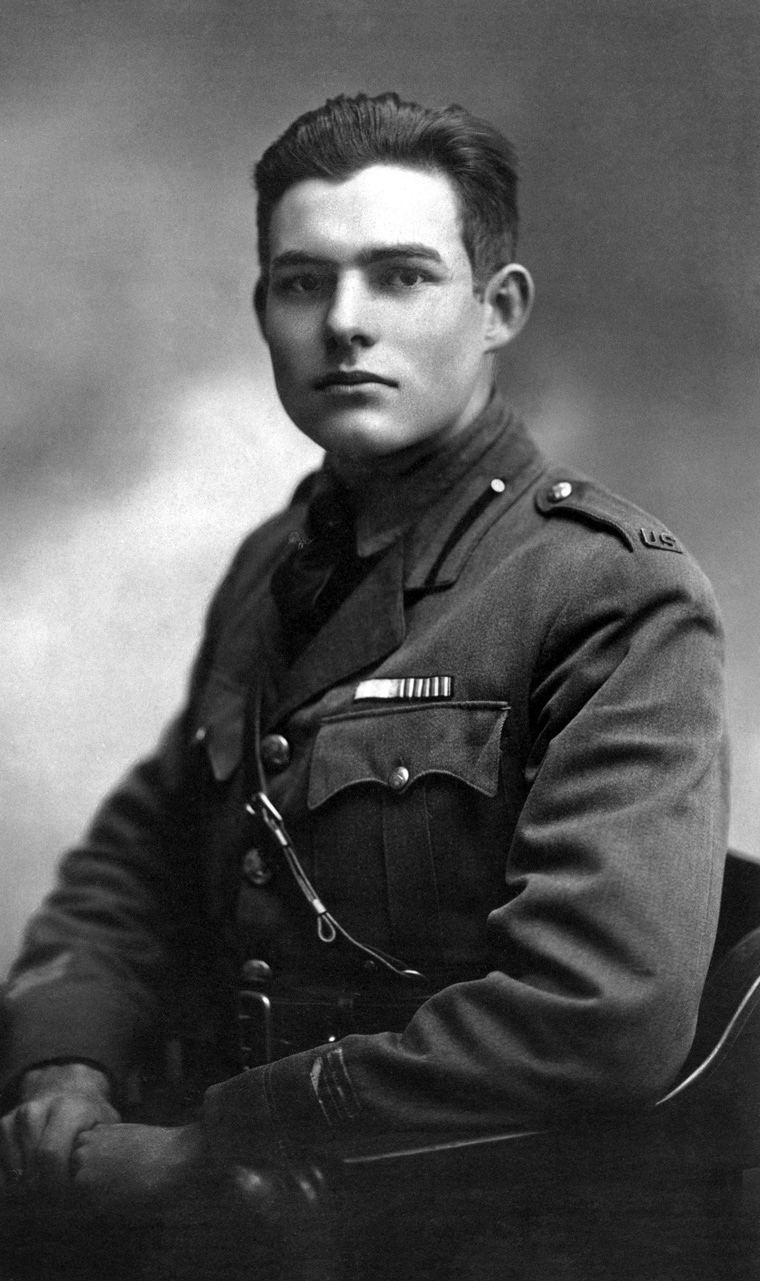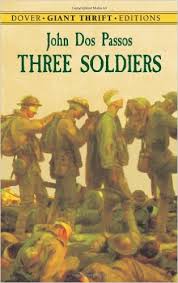DESPITE U.S. NEUTRALITY, AMERICANS FIND THEIR WAY TO THE WAR.
Ivy League on the Front; The Supreme Experence
Special to The Great War Project
(8-11 November) At this moment in the war, a century ago, it is becoming quite clear that the US, although loath to get into the war, favors the Allied powers — Britain, France, and Russia.
“By late 1915,” writes historian Gary Mead, “the British government was increasingly confident that, despite US irritation with the British naval blockade [of Germany], and the interruption to free trade, it could depend upon American sympathies to lie much more with the Allies than the Central Powers” – Germany and Austria-Hungary.
The US is not at war with Germany, but Americans are fighting in the war nevertheless.
“A crucial though unquantifiable ingredient,” observes Mead, “exercised by the significant numbers of young men who, partly out of a romantic attachment to the vision of France as the cradle of republicanism and liberty, went to serve in both combatant and non-combatant roles with the Allies.”
“The smell of war drifted slowly but surely across the Atlantic, seeping under the doors of their college dormitories. The natural wanderlust of late adolescence and the sense of collegiate comradeship enticed an estimated 25,000 Americans to fight in France on the side of the British and the French.”
According to Mead, Germany is losing an important battle, “not on the fields of Flanders but in the waters of the Atlantic, on the threshold of every newspaper-reading American home, and in the dormitories of America’s Ivy League colleges.”
In late 1915, Harvard graduate Norman Prince leaves his polo-playing behind and joins the Allied air service. He then receives permission to create an all-American volunteer squadron. “Before long,” reports Mead of the American volunteers, “their ‘death or glory’ escapades were so well publicized that a stream of would-be volunteers arrived on their doorstep in France.”
Many American volunteers reject the now widespread view that the war is pointless and unbearably tragic.
At the time a century ago, writes Mead, “The contemporary popular view of the First World War is uncomfortable with the notion that some intelligent young men actually enjoyed it.”
“Marching, uniforms, the sense of fighting for a just cause, the sheer foreignness of it all appealed to a certain privileged, highly-educated, semi-aristocratic class of American society, where the voluntary shouldering of others’ burdens was undertaken as a kind of noblesse oblige.”
One of the most famous American volunteers is Alan Seeger, a young poet.
Seeger documents his war experiences in diaries and letters.
At first he succumbs to the romanticism of the war. “Imagine how thrilling it will be tomorrow and the following days,” he writes, “marching toward the front with the noise of battle growing continually louder before us…
“This is the supreme experience.”
“The whole regiment is going, four battalions, about 4,000 men. You have no idea how beautiful it is to see the troops….as far as the eye can see, with the captains and lieutenants on horseback at the head of their companies.”
But soon the appalling reality of the battlefield grips him. “It is a miserable life to be condemned to shivering in these wretched holes, in the cold and the dirt and semi-darkness. The increasing cold will make this kind of existence almost insupportable, with its accompaniments of vermin and dysentery.”
In one poem, Seeger writes: “I have a rendezvous with Death.”
One way Americans find their way into the war at this stage is through the American Field Service in France. The AFS starts out as a voluntary ambulance arm of the American Hospital in Paris.
“The AFS was an Ivy League in exile” writes Mead, “taking its drivers from among only the top-notch US universities.”
Among the ambulance drivers are Ernest Hemingway in Italy and John Dos Passos in France.




